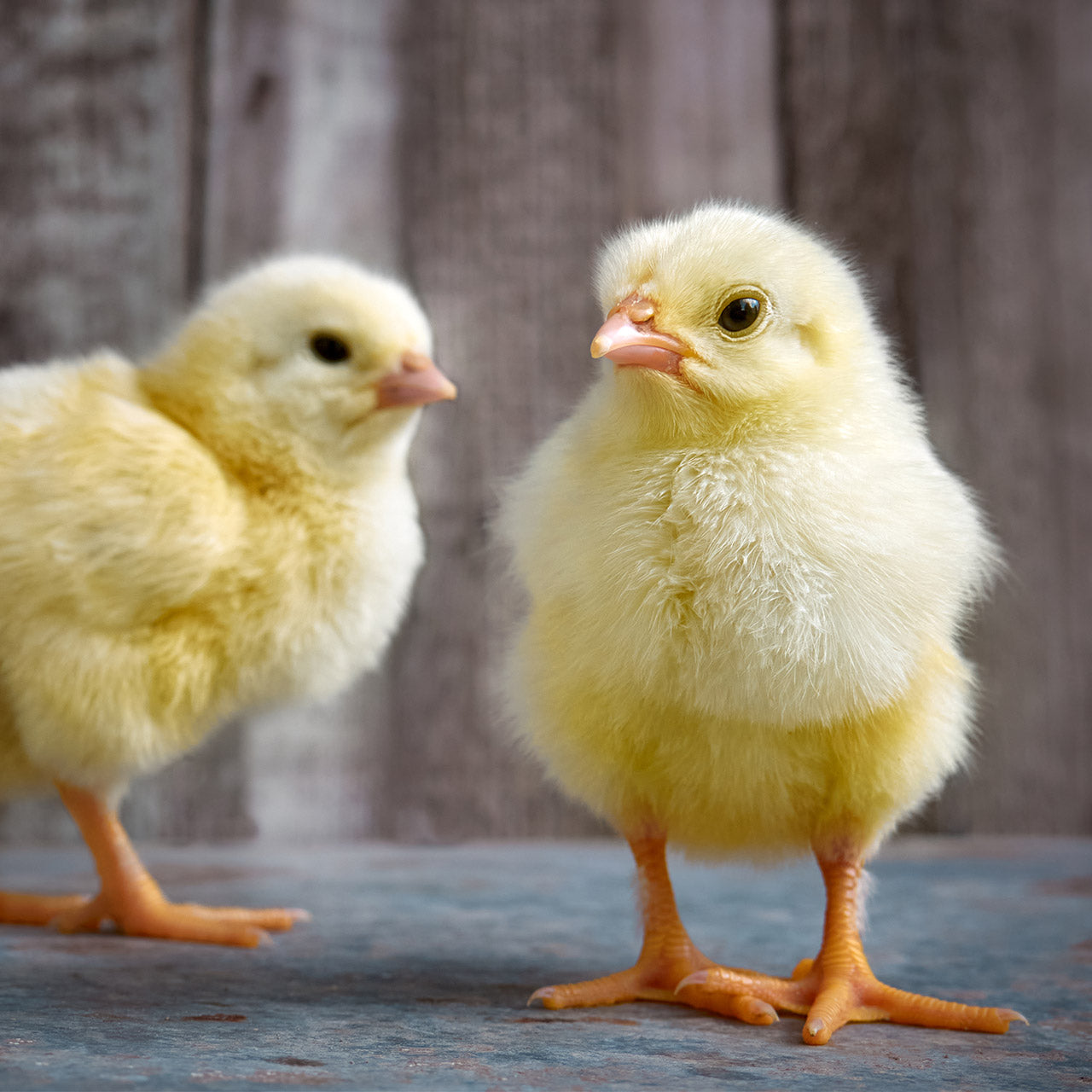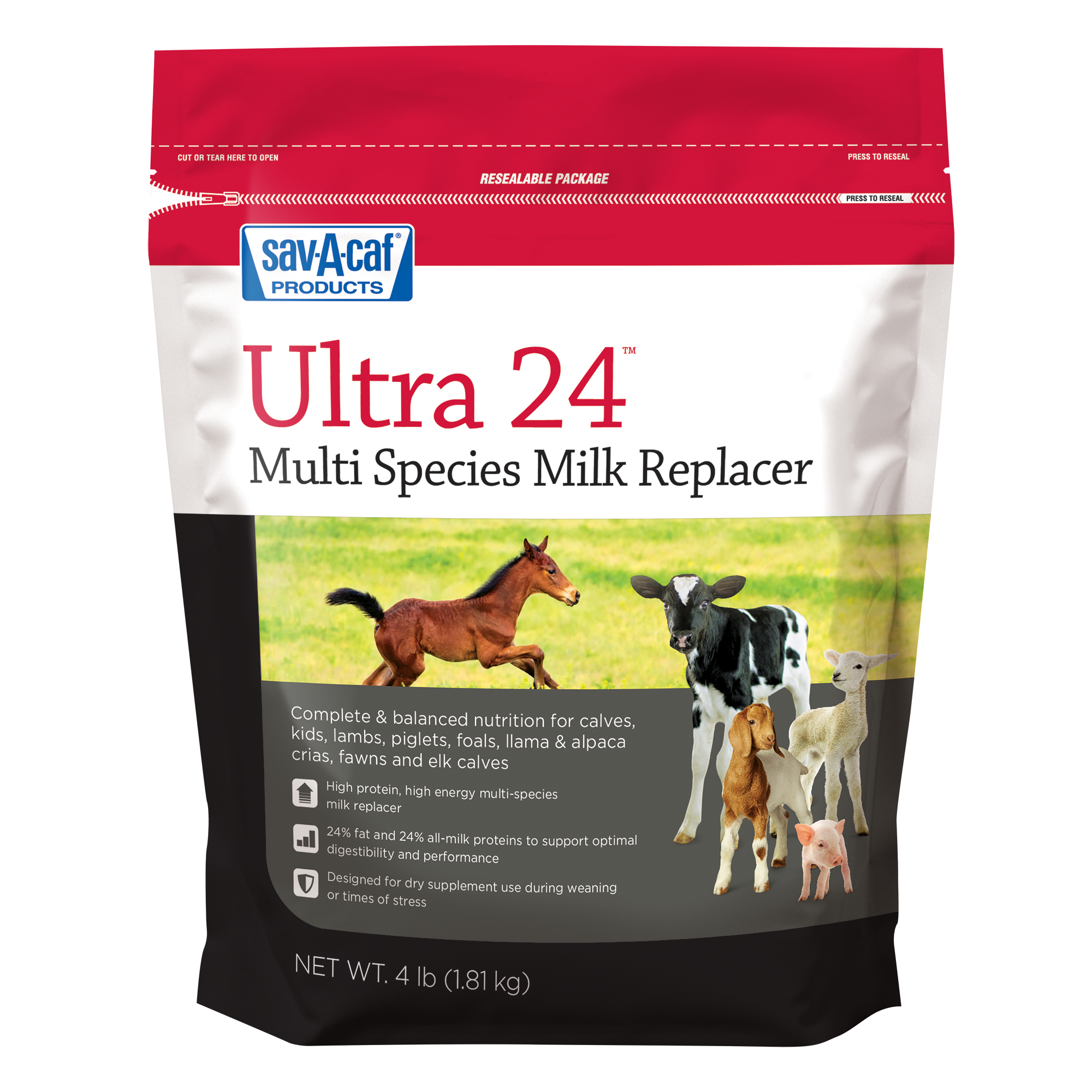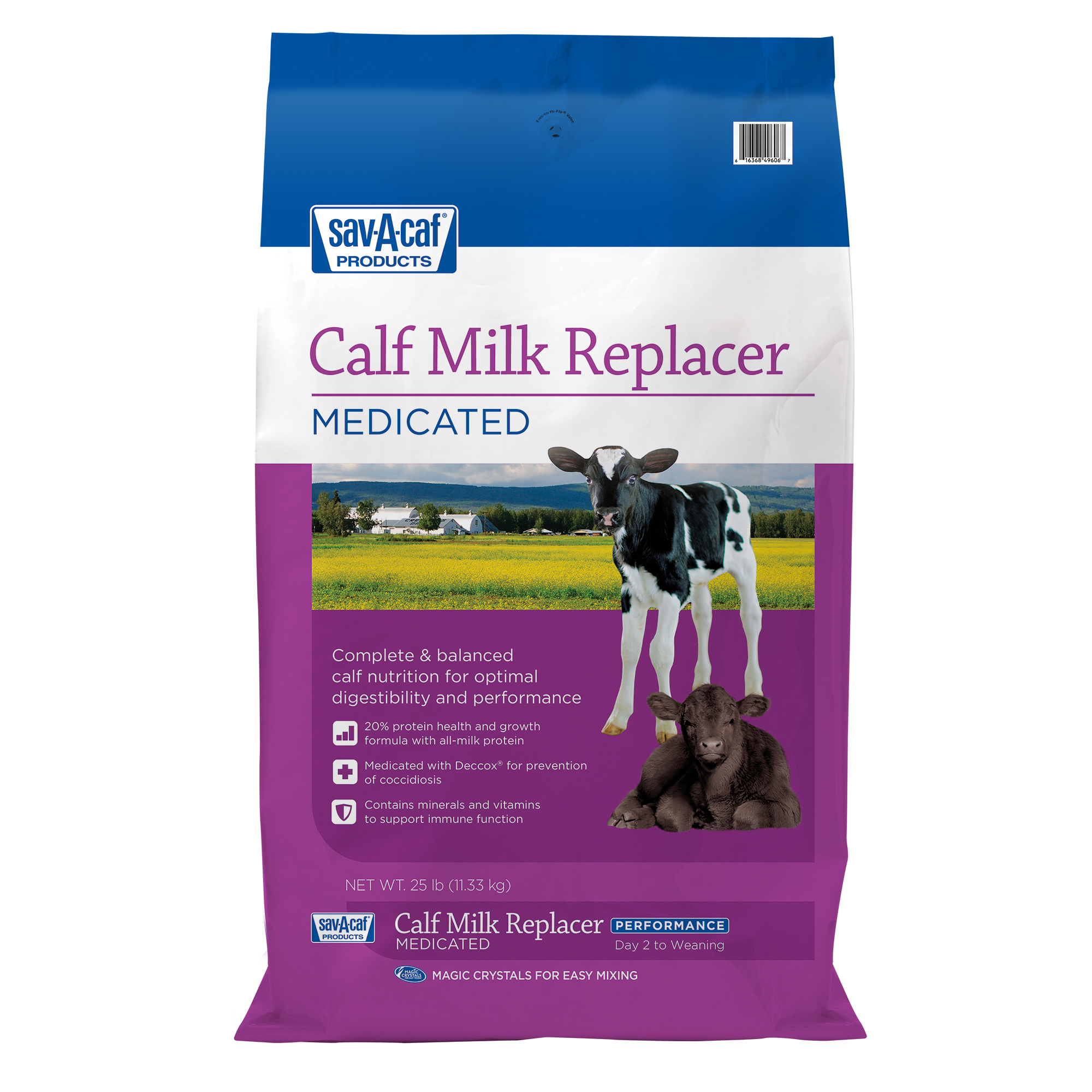
Do I need a probiotic for my chickens?
To many people, their birds are like family. Just like it’s a priority to keep your family healthy, it’s a priority to keep your flock healthy too. Providing probiotics for your chickens is one easy way to help keep them healthy.
Poultry probiotic supplements are available to help populate the digestive tract with beneficial bacteria. Feeding probiotics can help support the animal’s immune system and keep a flock healthy and happy.
Here are five frequently asked questions about probiotics for chickens:
1. Why do my chickens need probiotics?
Poultry probiotics are beneficial microorganisms. They help support digestive health by supporting a more diverse population of beneficial bacteria in the digestive tract of poultry.
Digestive health is especially important for raising a healthy flock. Birds establish gut microflora through the feed they eat and the environment in which they’re raised.
The goal of feeding a poultry probiotic is to populate the digestive tract with beneficial bacteria, so pathogens like E. coli, salmonella and clostridium have less room to grow. Feeding poultry probiotics, like Sav-A-Chick® probiotic supplement, early in a chick’s life can help give them a head start to good health.
2. What probiotics should I feed my flock?
Various strains of bacteria can be found in probiotics. However, it’s important to choose the right strain of probiotic to receive the intended benefits.
When looking for a probiotic for chickens, look for one with Bacillus subtilis, a very hardy strain of beneficial bacteria that populates rapidly. Other poultry probiotics are often mixtures of bacteria such as Lactobacillus, Bifidobacterium and other unknown strains.
3. How does a Bacillus subtilis probiotic work?
Many strains of Bacillus subtilis bacteria exist in nature. Like other feed ingredients, such as vitamins, minerals and protein, it’s important to select the right product for your birds’ needs.
Probiotics work in poultry by maintaining normal intestinal microflora through competitive exclusion and antagonism resulting in:
- Altered metabolism by increasing digestive enzyme activity and decreasing bacterial enzyme activity and ammonia production.
- Improved feed intake and digestion.
- Neutralized enterotoxins and stimulating the immune system.
What this means is good bacteria populate quickly, not allowing bad bacteria to grow and take over. If the right probiotic is chosen, the microflora will remain stable while lowering the risk of intestinal pathogens becoming a problem.
4. When should probiotics be offered?
Poultry probiotics can be offered to birds of all ages. While they can be fed daily to maintain a healthy digestive system, probiotics can work best during times of stress and after antibiotic treatment.
Poultry can undergo stress at different times in their life, including hatching, temperature changes, transportation, new environments and dietary changes.
An animal’s immune system is suppressed during times of stress. Their feed and water intake may also decrease at the same time. It is important to help wherever possible to keep them clean, dry and comfortable in addition to keeping them hydrated and providing supportive products, including probiotics.
5. How should I feed probiotics to my chickens?
Probiotics come in powder form and can easily be mixed in water then fed to your birds in their drinking water.
Here are some extra tips:
- Mix with clean, cool water.
- Offer plain drinking water in addition to the mixed solution in a separate container.
- Mix fresh solution daily.
- Refrigerate mixed solution for up to 48 hours. Discard any unused solution after 48 hours.
Feeding poultry probiotics can help get your flock off to a healthy start. Continue to feed probiotics through every life stage to maintain a healthy digestive system.
Learn more about poultry probiotics and raising chickens or like My Farm Journey on Facebook and Instagram.



